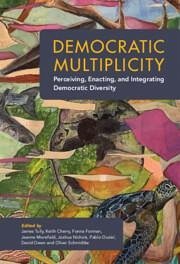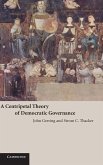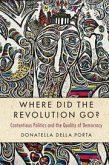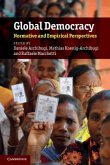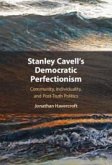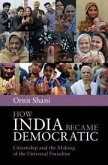"Democracies thrive on mutual participation of one and all here and now. They are marked by a commitment to coordination and cooperation across various fields. Despite their strengths, democracies could more effectively connect with our more-than-human relatives. A universal theory or view is not required to take such action. Non-violence, pluralism, and agonistic engagement with the natural world could further expand democracies' futures. Throughout this book, you will read that interdependence and mutual engagement with those who are different is a key to joint action. This contrasts with politics built on force, coercion and non-cooperation, where power is concentrated in competing "us and them" camps. This book explains how democracies thrive when they move beyond assessments of "what is good for me" and inquire into what is good for "all of us together." In this light, human concerns should not monopolize political judgement; democracies should also revolve around what is good for the entire biosphere. We must learn politics from our ancestors. Plants, insects, birds, and animals have much to teach us. We are their descendants and they are our elders. We would not exist without them. They came first and they continue to sustain us. Our evolutionary lineage and biophysical dependence points to this fact"--
Hinweis: Dieser Artikel kann nur an eine deutsche Lieferadresse ausgeliefert werden.
Hinweis: Dieser Artikel kann nur an eine deutsche Lieferadresse ausgeliefert werden.

